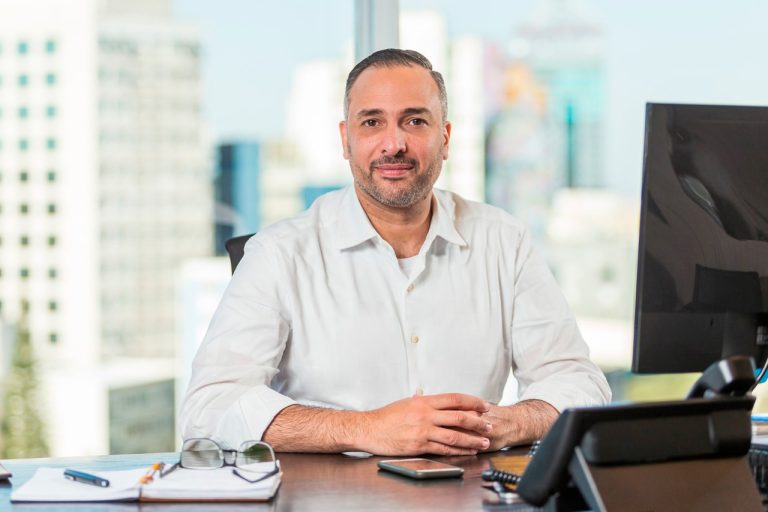By Tamer Mansour*
The trade between Brazil and the Arab League reaches the last four-month period of the year indicating that 2023 could see a record high in the time series.
Year to date through August, Brazilian exports to the 22 Arab countries grossed USD 12.528 billion, up 9.93% from a year earlier, with animal protein, sugar, iron ore, and foodgrains leading the list of exports.
On the other hand, Arab sales to Brazil – especially fossil fuels and fertilizers – amounted to USD 6.931 billion, thus anticipating a surplus on the Brazilian side of probably some USD 6 billion or more.
The most relevant information the figures bring is that the Brazil-Arab League trade is returning to its pre-pandemic profile, with much less influence from COVID-19 and the Russia-Ukraine conflict, two factors that have caused a logistics and cost distrubance in various productive chains over the last couple of years.
The Brazil-Arab League trade dynamics is also resuming pre-pandemic traits in prices, which following a rate-hiking cycle in absolute levels and a margin squeeze, have started to finally post a deflation in the leading goods in 2023 – still far from compensating the cumulative increase since 2020, though.
For instance, animal protein, Brazil’s leading export, posted an average price during the period in question of USD 2,387.88 per ton, down 4.42%, thus indicating that Brazilian meatpackers haven’t experienced any difficulty in fulfilling domestic or foreign orders, including from Arab customers.
Iron ore, the third export on the list, sold in very relevant volumes, saw a 15.81% decline in the average price to USD 98.38 per ton, following the lower demand from the Chinese construction, which is trying to recover in a level that’s still timid and uncertain while waiting for countercyclical measures to be taken by the central government.
Likewise, a deflation was posted in the soy complex (-6.54%, USD 550.50/ton) and cereals (-1.03%, USD 273.16/ton) that are demanded by the meat industry in the Gulf, which has found these inputs for more affordable prices in the international market, despite the smaller supply resulting from the Russian-Ukrainian war.
The one product that saw a hike was sugar, sold for prices 21.01% higher (USD 468.92/ton), in the wake of the higher demand for ethanol in Brazil and the incentives for its use for local decarbonization.
On the other hand, the Arab oil, despite Saudi Arabia cutting production, saw a price decline of 11.11% (USD 712.65/ton). As for fertilizers, the decline reached 45.93% (USD 395.27/ton), thus opening up the possibility for more competitive costs for agribusiness.
The numbers point out that Brazil-Arab trade is going back to its traditional outlines, on more rational grounds and good trading conditions for both sides to reach their own goals.
Furthermore, the economic fundamentals of both regions remain promising. The Arab countries are steadily advancing along the path of economic transition, thus indicating that the demand, job and income conditions in these markets aren’t expected to change in any significant way.
The recent rapprochement between Brazilian and Gulf governments is also expected to leverage the inflow of Arab capital in infrastructure, which have posted historical investment levels that’re still lower than countries economically comparable to Brazil.
These capitals also come with the prospect of being invested in the Brazilian green economy, which is more and more of a priority for the governments of both regions, in projects of clean energy, reforestation, and carbon credit.
The year of 2023 is on track to see a positive conclusion, with a record in trade, a significant surplus, and especially a rapprochement between Brazilian and Arab financial players for implementing key bilateral projects.
So, I guarantee to Brazilian entrepreneurs that the Arab countries will remain relevant in any internationalization project, whether as consumer markets or logistics-production sources for consumer goods.
Therefore, I invite you all to look at the opportunities in the region, as we’re sure that mutually beneficial partnerships will be increasingly possible in this bilateral relation.
*Tamer Mansour is CEO & secretary-general of the Arab-Brazilian Chamber of Commerce
Translation by Guilherme Miranda




